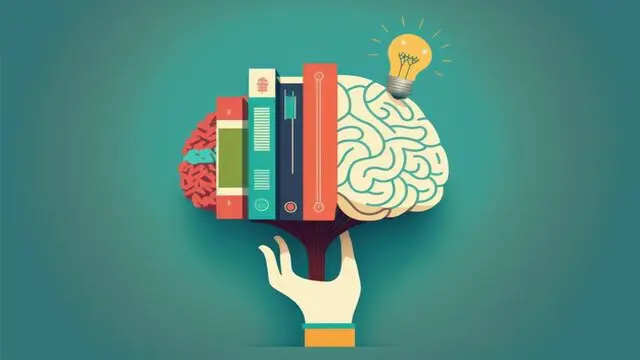In the realm of psychology, several foundational theories have shaped our understanding of human behavior, cognition, and emotions. Each theory offers unique perspectives and insights into the complexities of the human mind. Understanding these theories not only enriches our knowledge but also provides practical applications in various fields, from education to therapy and beyond.
Table of Contents
Behaviorism
Behaviorism is a theory that focuses on observable behaviors as the primary unit of analysis. Developed by psychologists such as John B. Watson and B.F. Skinner, behaviorism posits that behaviors can be understood through conditioning. This theory emphasizes the influence of the environment on behavior and the importance of reinforcement in shaping actions. Behaviorism has been influential in areas such as behavioral therapy, where techniques like operant conditioning are used to modify behavior.
Psychodynamic Theory
Psychodynamic theory, pioneered by Sigmund Freud, explores how unconscious drives and desires influence behavior. Freud’s theory suggests that early childhood experiences and unconscious motivations shape personality and behavior patterns. Concepts such as the id, ego, and superego form the basis of psychodynamic theory, highlighting the interplay between conscious and unconscious forces in human behavior. Psychodynamic therapy aims to uncover these unconscious conflicts to promote psychological healing.
Cognitive Psychology
Cognitive psychology examines mental processes such as thinking, memory, perception, and problem-solving. Unlike behaviorism, which focuses on external behaviors, cognitive psychology explores internal mental states and processes. Influential figures in cognitive psychology include Jean Piaget and Ulric Neisser. This theory has broad applications, from improving learning strategies in education to understanding cognitive biases in decision-making.
You May Also Read: MBA Scholarship for Students in Australia
Humanistic Psychology
Humanistic psychology emphasizes the inherent goodness and potential of individuals. Developed by Carl Rogers and Abraham Maslow, humanistic psychology focuses on subjective experiences, self-actualization, and personal growth. This theory contrasts with earlier psychoanalytic approaches by emphasizing human agency and the importance of conscious experiences in shaping behavior. Humanistic therapy approaches, such as client-centered therapy, prioritize empathy, authenticity, and unconditional positive regard.
Evolutionary Psychology
Evolutionary psychology examines how evolutionary principles and natural selection have shaped psychological processes. This theory posits that many human behaviors and cognitive processes are adaptations that helped our ancestors survive and reproduce in their environments. Evolutionary psychologists study topics such as mate selection, parental investment, and social behaviors to understand how these behaviors evolved. This perspective provides insights into universal aspects of human behavior across cultures and societies.
Conclusion.
Each of these five theories of psychology offers valuable insights into different aspects of human behavior, cognition, and emotion. From the observable behaviors of behaviorism to the unconscious motivations of psychodynamic theory, and from the mental processes of cognitive psychology to the humanistic emphasis on personal growth, and the evolutionary roots of behavior in evolutionary psychology, these theories collectively contribute to a comprehensive understanding of what drives human behavior.
Understanding these theories not only enriches academic knowledge but also informs practical applications in fields such as education, therapy, organizational psychology, and more. By integrating these perspectives, psychologists can develop more nuanced approaches to understanding and improving human well-being.


Leave a Comment